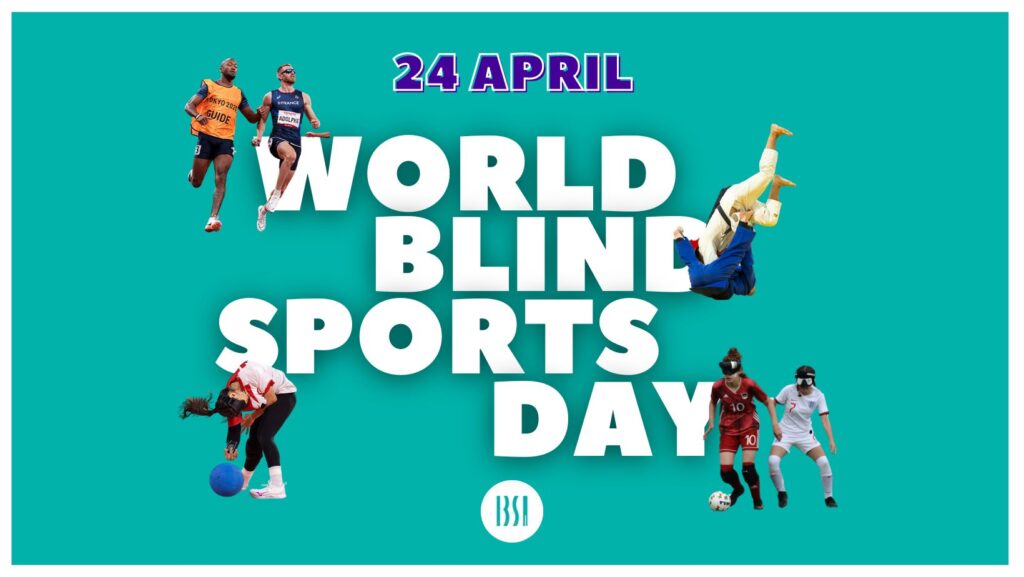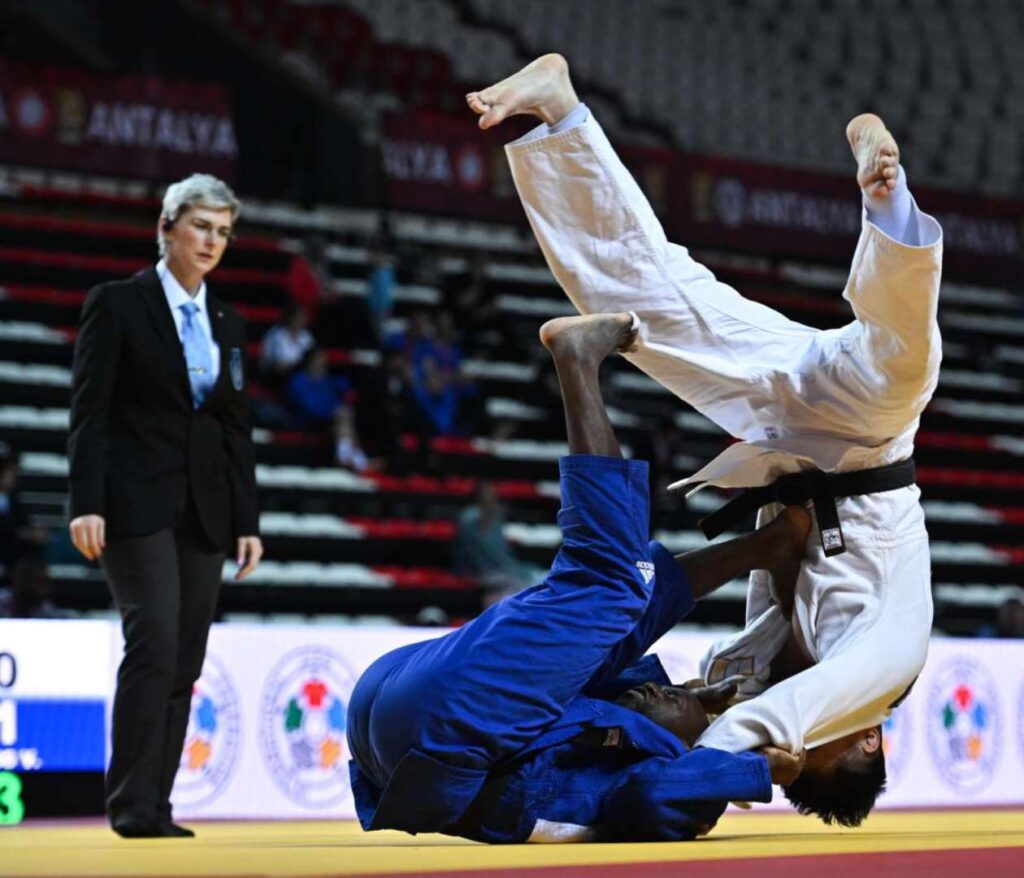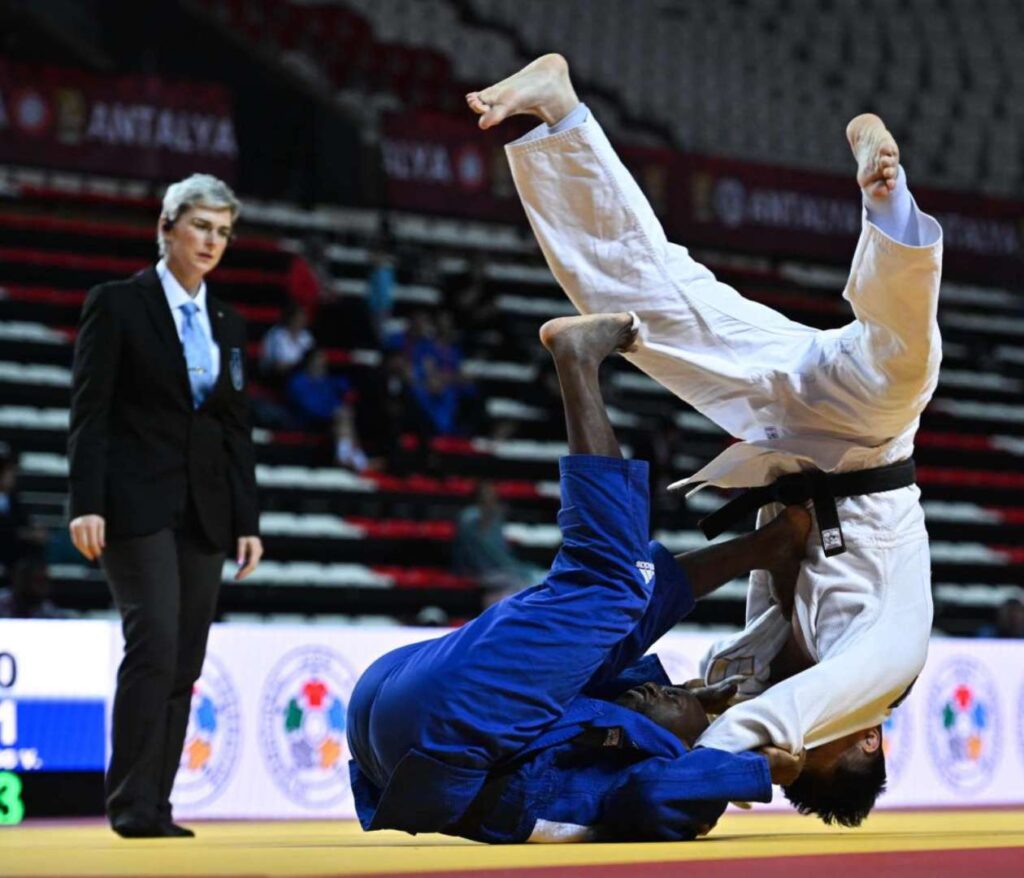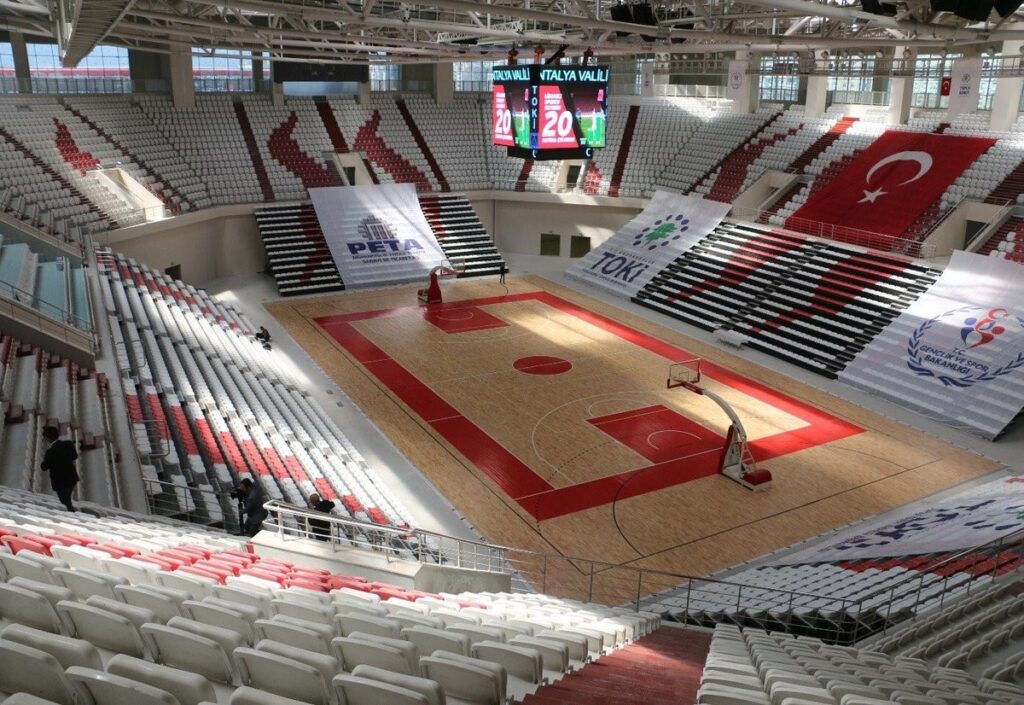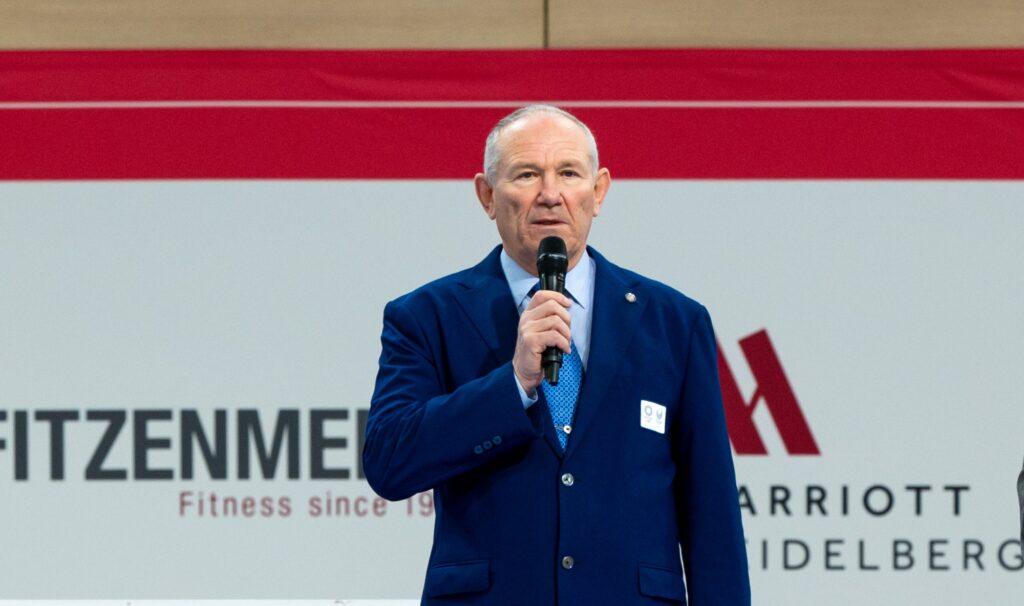News
IBSA funds fellowship for sight classification research
Date: August 30, 2016
Category: Judo
VU-Classification Research and Development Centre receives € 90,000 from International Blind Sports Federation
The Classification Research and Development Centre for athletes with vision impairment at the Vrije Universiteit Amsterdam (VU) has received a €90 000 grant for a PhD Research Fellowship from the International Blind Sports Federation (IBSA). VU masters graduate Kai Krabben has been awarded the Fellowship to improve the classification system in judo. As a part of his fellowship, Krabben is responsible for evaluating the present classification system and putting forward recommendations for an evidence-based judo-specific system of classification to be used in future IBSA competitions.
Specific classification for judo needed
Because of the visually demanding nature of the grip fighting in judo, in the adapted form of the sport in which people with vision impairment compete (VI judo) athletes start with a grip on their opponent already in place. This helps to make the sport less visually demanding and is thought to make the sport fairer for people who are completely blind. As a result, VI judo uses only one class and so all qualifying athletes must compete against each other, irrespective of their level of impairment.
David Mann, director of the Classification Research and Development Centre: "The grant is a fantastic initiative from IBSA as it will allow us to develop a new evidence-based system of classification for judo. We expect this to lead to fairer competition and encourage new athletes to the sport."
Henk van Aller, IBSA Secretary General emphasizes: “Classification is the backbone of Para sports and one of the most important aspects to ensure fair competition. IBSA is very pleased with the cooperation with the VU to develop more scientific knowledge that we – and perhaps other federations involved in sports for people with visual impairments – can use in improving these systems. Our goal is to work towards a new classification system to foster fair competition and equal opportunities for the athletes.”
Judo – one of the most popular sports for people with vision impairment
Para-sports typically cater for people with a physical, intellectual, or vision impairment. Athletes who compete in para-sports are placed into ‘classes’ so that they compete against others whose impairment has a similar impact on performance. The International Paralympic Committee (IPC) established in 2013 a Classification Research and Development Centre at the VU to improve the classification systems for athletes with vision impairment.
At present, most sports have the same three classes for athletes with vision impairment: B3, B2, and B1 for athletes with least to most vision impairment. Judo is one of the most popular sports for people with vision impairment. This is largely because judo is thought to be less visually demanding than other sports. In regular judo athletes must fight to obtain the most advantageous grip on their opponent (‘grip fighting’) before fighting when in contact with each other.
